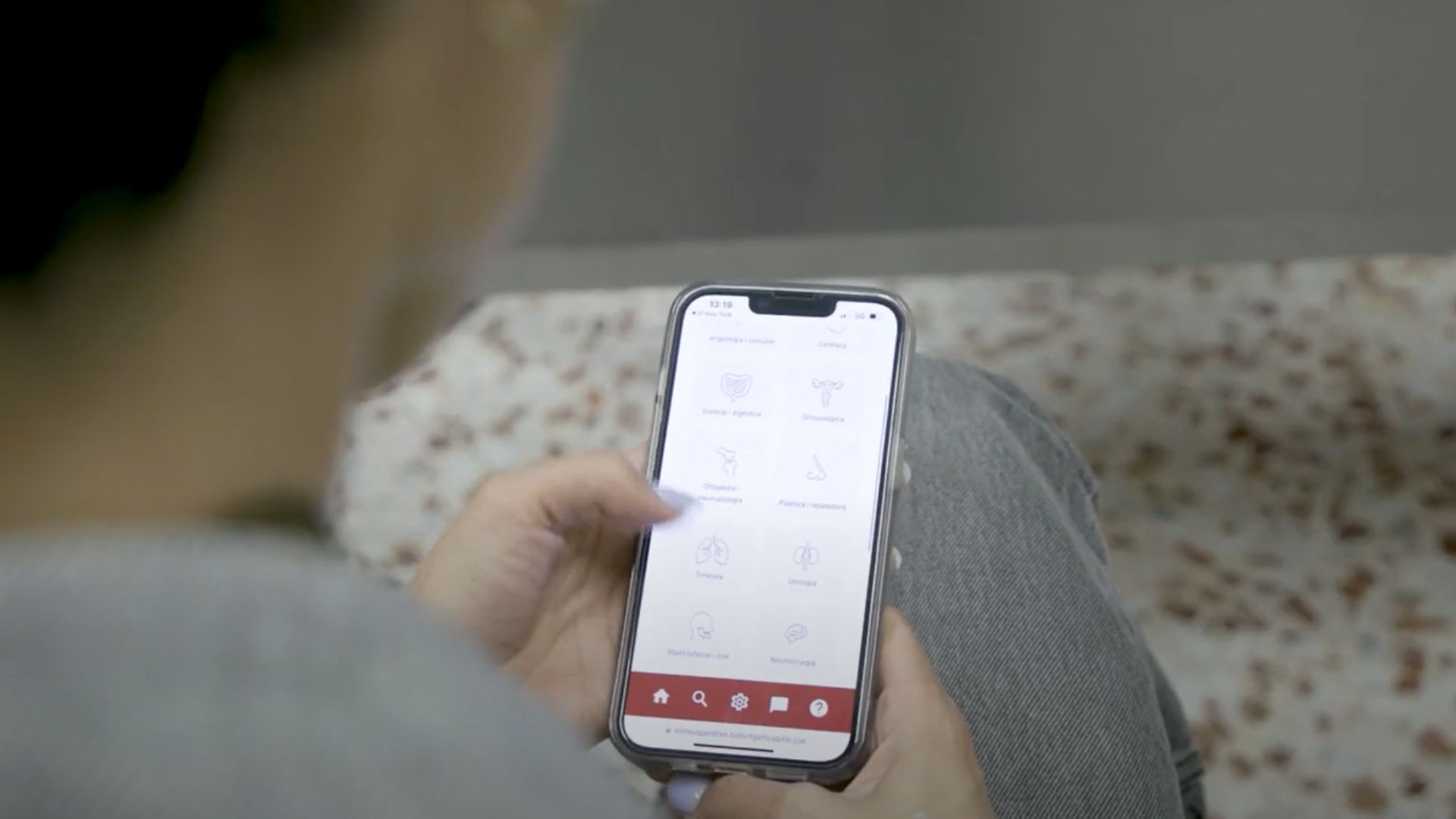Research centres
eHealth Centre: Research for Human and Planetary Health (UOC-eHealth)

Using technology to promote health as widely as possible
We're pioneering a new health paradigm that moves beyond the disease-centred model, placing people at the heart of managing their own well-being and that of the planet. Our work follows the 7P approach to health: preventive, proactive, predictive, personalized, participatory, population-based and planetary.
Towards a healthy and inclusive society
We conduct interdisciplinary research with a social impact, transforming health systems through inclusive digital technologies. Our approach is guided by a salutogenic, ethical and sustainable philosophy that prioritizes citizen empowerment.
We investigate how digital technologies:
Contribute to improving both individual and collective health.
Help to strengthen health systems and support professionals.
Enhance our ability to make decisions about our own health.
Collaborations and alliances
WHO Collaborating Centre for Digital Health
SDG 3 cluster for Health & Wellbeing
You might be interested in...
The UOC's digital health research
In 5 minutes.
ProPacient guidelines
How to create a people-focused health app.

